1. Dixit Dominus in D – Coro
Composer: Hendrik Tobi
Artist(s): Terra Nova Collective – Vlad Weverbergh
2. Dixit Dominus in D – Virgam virtutis – Alto solo
Composer: Hendrik Tobi
Artist(s): Terra Nova Collective – Vlad Weverbergh
3. Dixit Dominus in D – Tecum principiam – Tenor solo
Composer: Hendrik Tobi
Artist(s): Terra Nova Collective – Vlad Weverbergh
4. Dixit Dominus in D – Juravit Dominus – Coro
Composer: Hendrik Tobi
Artist(s): Terra Nova Collective – Vlad Weverbergh
5. Dixit Dominus in D – Dominus a dextris – Basso solo
Composer: Hendrik Tobi
Artist(s): Terra Nova Collective – Vlad Weverbergh
6. Dixit Dominus in D – De torrente – Soprano solo
Composer: Hendrik Tobi
Artist(s): Terra Nova Collective – Vlad Weverbergh
7. Dixit Dominus in D – Gloria – Coro
Composer: Hendrik Tobi
Artist(s): Terra Nova Collective – Vlad Weverbergh
8. Dixit Dominus in D – Sicut erat in principio – Coro
Composer: Hendrik Tobi
Artist(s): Terra Nova Collective – Vlad Weverbergh
9. Nisi Dominus in Dm – Vanum est
Composer: Hendrik Tobi
Artist(s): Terra Nova Collective – Vlad Weverbergh
10. Nisi Dominus in Dm – Cum dederit – Duo Tenor / Basso
Composer: Hendrik Tobi
Artist(s): Terra Nova Collective – Vlad Weverbergh
11. Nisi Dominus in Dm – Beatus vir – Soprano solo
Composer: Hendrik Tobi
Artist(s): Terra Nova Collective – Vlad Weverbergh
12. Tantum ergo. Soprano solo – Coro
Composer: Hendrik Tobi
Artist(s): Terra Nova Collective – Vlad Weverbergh
13. Laudate Pueri in C – Coro
Composer: Hendrik Tobi
Artist(s): Terra Nova Collective – Vlad Weverbergh
14. Laudate Pueri in C – Excelsus super omnes
Composer: Hendrik Tobi
Artist(s): Terra Nova Collective – Vlad Weverbergh
15. Laudate Pueri in C – Suscitans a terra – Coro
Composer: Hendrik Tobi
Artist(s): Terra Nova Collective – Vlad Weverbergh
16. Laudate Pueri in C – Gloria patri – Duo soprani
Composer: Hendrik Tobi
Artist(s): Terra Nova Collective – Vlad Weverbergh
17. Laudate Pueri in C – Sicut erat in principio – Coro
Composer: Hendrik Tobi
Artist(s): Terra Nova Collective – Vlad Weverbergh
18. Dixit Dominus in F – Sinfonia & Coro
Composer: Hendrik Tobi
Artist(s): Terra Nova Collective – Vlad Weverbergh
1. Trio I Allegretto
Composer: Hendrik Tobi
Artist(s): Terra Nova Collective – Vlad Weverbergh
2. Trio I: Andante
Composer: Hendrik Tobi
Artist(s): Terra Nova Collective – Vlad Weverbergh
3. Trio I: Presto
Composer: Hendrik Tobi
Artist(s): Terra Nova Collective – Vlad Weverbergh
4. Trio II: Adagio
Composer: Hendrik Tobi
Artist(s): Terra Nova Collective – Vlad Weverbergh
5. Trio II: Allegro
Composer: Hendrik Tobi
Artist(s): Terra Nova Collective – Vlad Weverbergh
6. Trio II: Menuetto
Composer: Hendrik Tobi
Artist(s): Terra Nova Collective – Vlad Weverbergh
7. Trio III: Allegro
Composer: Hendrik Tobi
Artist(s): Terra Nova Collective – Vlad Weverbergh
8. Trio III: Andante
Composer: Hendrik Tobi
Artist(s): Terra Nova Collective – Vlad Weverbergh
9. Trio III: Allegro
Composer: Hendrik Tobi
Artist(s): Terra Nova Collective – Vlad Weverbergh
10. Trio IV: Allegro
Composer: Hendrik Tobi
Artist(s): Terra Nova Collective – Vlad Weverbergh
11. Trio IV: Andante
Composer: Hendrik Tobi
Artist(s): Terra Nova Collective – Vlad Weverbergh
12. Trio IV: Presto
Composer: Hendrik Tobi
Artist(s): Terra Nova Collective – Vlad Weverbergh
13. Trio V: Allegro Moderato
Composer: Hendrik Tobi
Artist(s): Terra Nova Collective – Vlad Weverbergh
14. Trio V: Andante
Composer: Hendrik Tobi
Artist(s): Terra Nova Collective – Vlad Weverbergh
15. Trio V: Allegro
Composer: Hendrik Tobi
Artist(s): Terra Nova Collective – Vlad Weverbergh
16. Trio VI: Allegro Moderato
Composer: Hendrik Tobi
Artist(s): Terra Nova Collective – Vlad Weverbergh
17. Trio VI: Rondeau
Composer: Hendrik Tobi
Artist(s): Terra Nova Collective – Vlad Weverbergh
18. Trio VI: Menuetto
Composer: Hendrik Tobi
Artist(s): Terra Nova Collective – Vlad Weverbergh





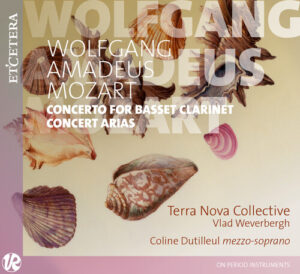
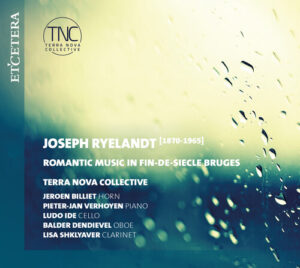
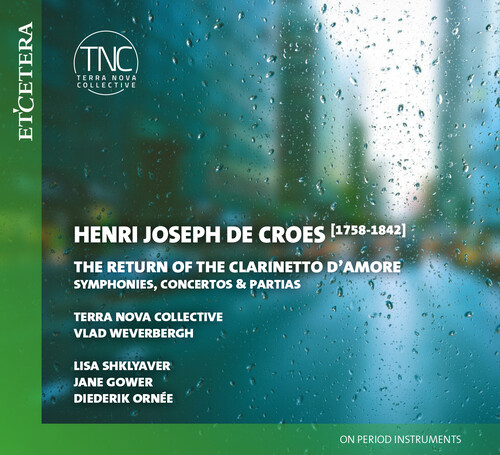
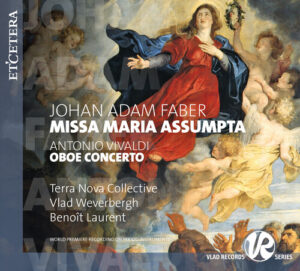
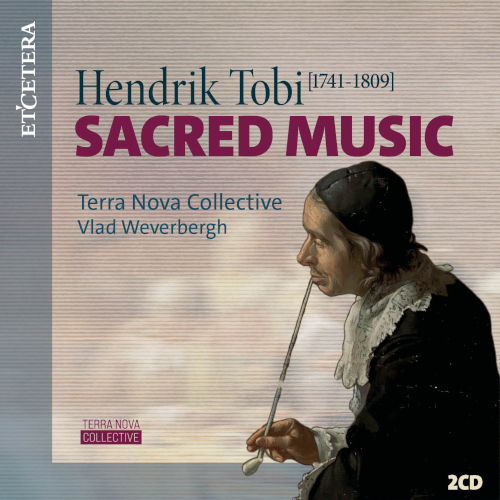
Reviews
There are no reviews yet.